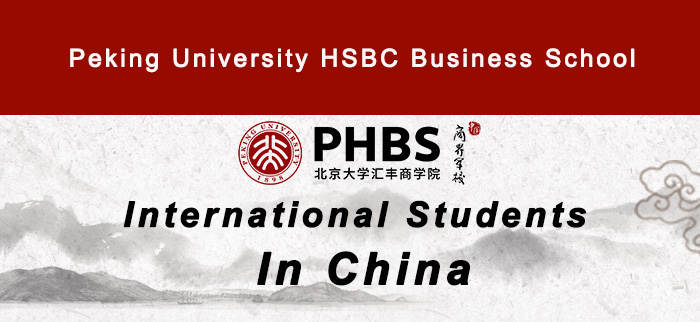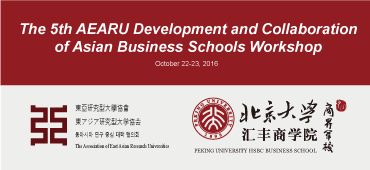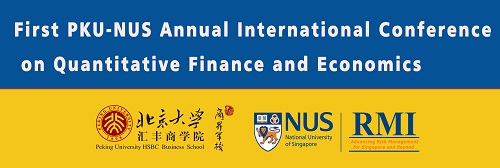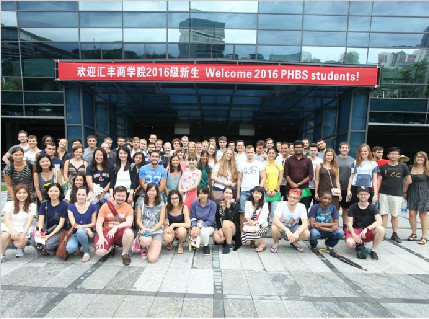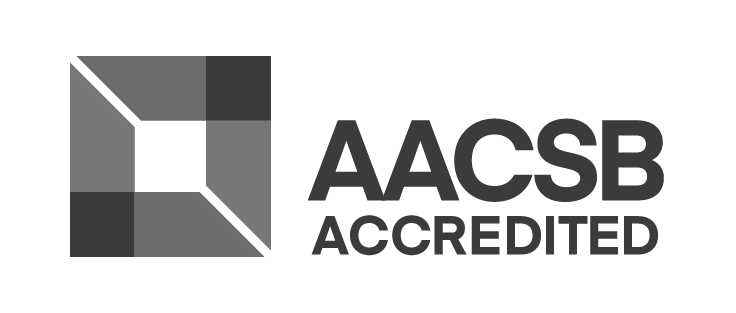The Value of Your Degree Economics
Time:2016-08-15 11:15:08
About the majorPeking University HSBC Business School looks to equip students with a strong theoretical and practical foundation in economics. Being able to use mathematical and logical foundation for analyzing and applying economic principles to real-life scenarios. Master of Economics allows our students to improve their analytical skills and to challenge them to come up with innovative solutions to a diverse range of problems. With a Masters in Economics, you will not only improve your quantitative skills but also your critical thinking.
Opportunities:
Students who studied Economics on the graduate level have a number of jobs they will be qualified to do. This includes:
1. Data Analyst:
2. Economist:
Microeconomists: Look to analyze, assess and predict what people and companies do with their money. In regards to companies, they work on how to maximize production by looking at supply and demand. Evaluating how high demand on certain projects affect the varying prices of their products. They look at supply and demand to find out how to maximize production, for example, or to project how high the demand for a particular product would be. Learn more here about be the job of a microeconomist.
Macroeconomists: They study the behavior of things such as business cycles, the rate of unemployment and international finance in relation to the national finance. Looking at the economy as a whole to finding long-term, overarching trends throughout history, usually to help various governments and multinational corporations to make informed evaluation of the economy and develop effective business strategies. They can then make generalizations and draw conclusions about investment productivity, inflation, unemployment, etc. Learn more here about what macroeconomists do to see if its right for you.
Financial Economists: Usually focus on economic variables by studying historic trends in the money and banking system. Sometimes they will need to conduct research on a specific field to present in a professional setting. Learn more here about the role financial economist play in the financial market.
International Economists: They look at markets internationally, studying the distribution of global resources. Learn more here.
Organizational or Industrial Economists: They examine the markets of individual industries and the economic performance of different industries.They often times use corporate results and production numbers to produce reports on the current state of the economy. They may also be involved in protecting the industry against trusts and monopolies. Find more information about them here.
Demographic or Labor Economists: Being a labor economist means that you will look at demographic numbers and balance factors such as the older workers as well as the newer ones. Figure out how to make improvements in productions as well as other a deeper understanding of systems of workflow. Learn more here about the role labor economics on their industry.
Econometricians: Putting together mathematical and statistical economic models using methods such as regression models. These models explain economic happenings and help to project future economic occurrences and trends like how new taxation laws will affect employment or the duration of business cycles. They would also create guidelines and plan to work out an economic problem. Learn more here regarding econometricians and the role they play for companies and local government.
Job Outlook:It was reported that for the U.S. there will be a growth of 6 percent in Economist jobs until the year 2024. Read more about the growing demand of Economist for the future here.
Popular Articles
-
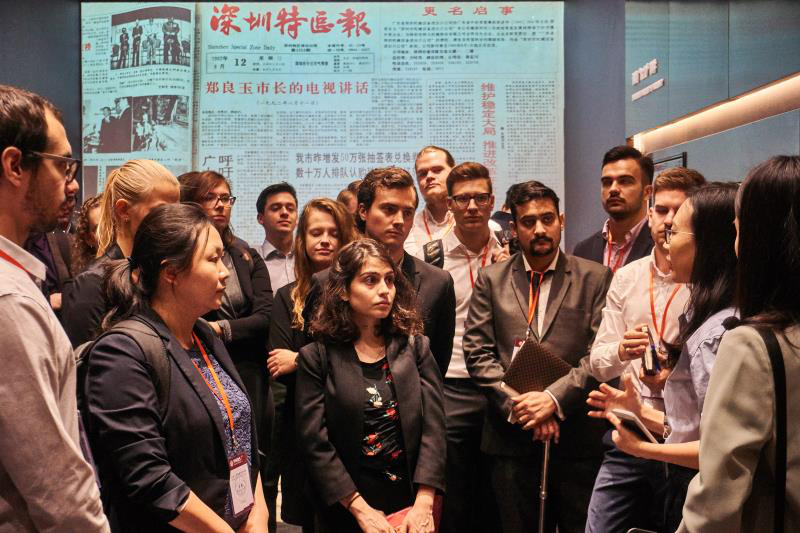 International Students Go to the...
International Students Go to the...Jan 04 2019
-
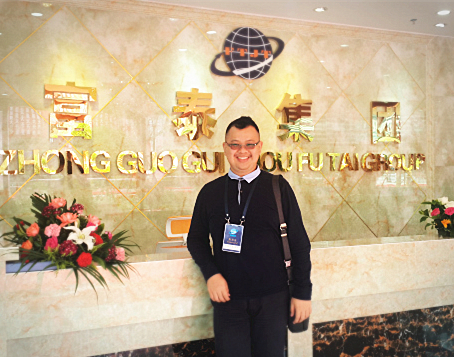 International Student Profile: Kevin Kurnia
International Student Profile: Kevin KurniaOct 12 2017
Latest News
-
A New Approach to Strategic Innovation: A Quick Review
Time:Apr 22 2024
-
Research | Jaehyuk Choi : Simula...
Time:Apr 17 2024
-
A Springtime Movable Feast! PHBS...
Time:Apr 03 2024
Campus Events



